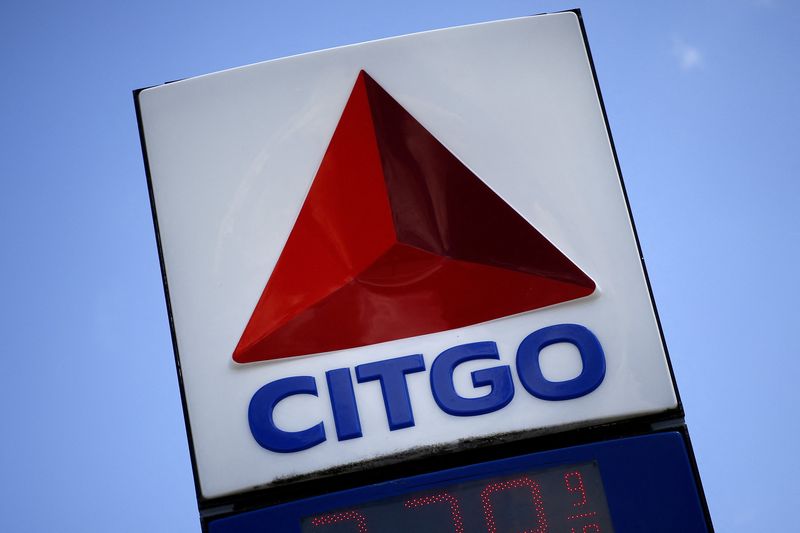By Marianna Parraga
HOUSTON (Reuters) - A U.S. judge overseeing an auction of shares in the parent of Venezuela-owned Citgo Petroleum on Monday agreed to reopen a data room to allow potential buyers to prepare new bids, a court document showed.
Judge Leonard Stark ordered the data room to be opened on Wednesday after listening to creditors in the case urge a new bidding round. The court is auctioning shares in Citgo parent PDV Holding to repay $21 billion in claims against Venezuela and state oil firm PDVSA for expropriations and debt defaults.
A conditional offer of up to $7.3 billion by an affiliate of hedge fund Elliott Investment Management had failed to gain support from creditors, leading to the bidding restart.
"The virtual data room shall be reopened on December 18," Stark said in his order. A court officer supervising the auction and creditors must present their arguments on issues still in dispute in the coming days, he added.
For months this year, Elliott affiliate Amber Energy had exclusive access to the data room while negotiating its bid. That exclusivity was widely criticized by creditors and Venezuela's lawyers as it sidelined others, they told the court.
Stark in recent weeks made public his inclinations on a new schedule and structural changes aimed at granting a fair bidding process for all parties, including equal access to the data room and a termination fee.
If those proposals are confirmed, the auction could set a stalking horse bid, which was not used in the first two bidding rounds this year.
Amber's highly conditional offer and parallel lawsuits by the same Venezuela-related creditors in other U.S. courts this year soured the court's effort to craft a deal that would satisfy creditors.
The new bidding will relaunch a process that had led to negotiations, but no approved agreement.

An attorney for Amber on Friday confirmed that a proposed purchase agreement with the court officer overseeing the auction was "moot."
Amber's original offer proposed to withhold proceeds from creditors while it settled bondholder claims, potentially leaving little or nothing for creditors who originally brought the case.